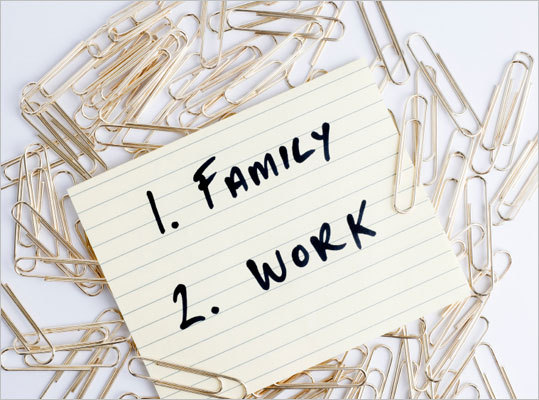
Among the many people I met in Korea, both new acquaintances and old, the driver of the jumbo taxi that ferried me and my luggage between Seoul and Pyeongtaek was deeply moving. At first glance he is an ordinary middle-aged South Korean man, one of millions working to support their families. Like so many such “ordinay” people, he has a fascinating life story. Laid off from his job at a prestigious chaebol as a consequence of IMF restructuring, he was in a bind. Still in his forties, he had children to put through high school and he was adamant that, unlike him, they should go to college. He watched his peers, many of whom were also laid off, use their severance pay to start small businesses such as clothing stores, restaurants, bars. And he watched them all close and his friends end up in even greater economic straits.
He needed work that provided a path to self-sufficiency but wouldn’t use up his severance pay. He was unwilling to take that risk when his family’s living depended on that lump sum. So after much agonizing, he became a taxi driver for a taxi company. After a few years, he gained the right and the means to buy and drive his own taxi. Then after a few more years he gained the right and the means to buy and drive his own sedan or “model” taxi. He worked hard to build a customer base, for the sedans are more expensive and depend on regular customers.
A few years ago he heard about jumbo taxis, minivans that serve a fairly exclusive base of customers, often from overseas. He was able to buy one just a few months ago, and became part of a small network of jumbo taxi owner-drivers. Now he drives around people like me with too much luggage to fit in regular taxis (this is what happens when your children are drummers), foreign celebrities, Korean celebrities, and random rich people. With his diligence, he put his children through college, saw them married and settled in careers, and still provides for his wife.
He spoke about the embarrassment of picking up passengers in the early years to discover they were former co-workers, often those who had worked under him, but noted that was nothing compared to the daily grind of trying to pick up enough fares to have something left as income after paying the taxi company. Becoming an owner-driver was a huge relief, and also an achievement because that right comes only with a spotless driving record. It also spurred him to learn English, for many of his customers are foreigners. He knows enough to carry on some small talk, take reservations, and otherwise make sure his customers have a pleasant ride and will want to ride with him again.
When I asked what the biggest hardship was, he immediately said that it was being unable to support his family as he wished. He wanted to support his children, but he also wanted to provide for his wife. He wanted her to be able to run the household without money worries, take her friends out to lunch, and splurge on clothes and makeup once in a while. Love means little, he said, if one cannot express it properly by taking care of your loved ones. “I always told my wife, I’m sorry, things will get better, I promise. And I worked hard to make sure that I kept my promise. And I did.”
Now he and his wife enjoy a quiet life, but he still keeps a busy work schedule. He noted that he needs to build up savings for “real old age, nowadays that’s in your 80s.”
Smiling, he said that after he drops me off in Seoul, he is going to take his wife and her friends on a day trip. “This is how we take care of each other.”
There is much to see in his life story, especially about the South Korean economy, traditional marriages and gender roles, and upward mobility. But what I see most clearly is his spirit, his intelligence, and his love in action for his family. The cynical side of me says you have no idea what this man is really like. And that’s true. But what I saw was a person who weighed his options as he tried to fulfill his family obligations, and that he balanced ambition with caution. Instead of putting his severance pay on the line by investing it as his friends did, he kept it as insurance for his family and put his own social status and daily well-being on the line. Instead of investing his money, he invested himself to support his family. There isn’t a whole lot more you can ask of a person.
(Image Credit: Boston Globe)